With the number of classes, extracurriculars, outside-of-school jobs, and general obligations for students multiplying, student mental health has been a major topic for schools around the country.
“I usually wake up with just enough time to get ready for school. Then I go to school and I have three AP classes, plus Trigonometry and Spanish III, so it’s kind of a lot. Then, I have musical practice either from 3:30-6:00, or 6:00-8:00. On 6:00-8:00 days, I get a small break at home to do homework and then I have to come back and after that, it’s usually dinner and more homework and then sleep,” Henry Seitz, 11, said.
Such obligations can make students feel burdened and burnt out. To manage this, free time is necessary to ensure a free mental state. One outlet of this is advisory, which, even with its major changes over the past few years, still feels unsatisfying to some students.
“I think a longer advisory time would help to get work done. Although I feel like most teachers give work time in class and we utilize that, if advisory was a titch bit longer, it’d be helpful to get work done,” Morgan Hinton, 10, said.
Moreover, Bronco Hour, the predecessor to advisory and targeted seminar, was an hour-long period where students would eat lunch and also have an amount of time to socialize, work on assignments, or get one-on-one assistance from teachers.
“I experienced Bronco Hour my freshman year, and I thought it was really nice. It gave me a break from everything, and I think we should implement that again,” Shayna Shekhar, 12, said.
Although many seniors want Bronco Hour to return, it’s not always the school’s decision to make.
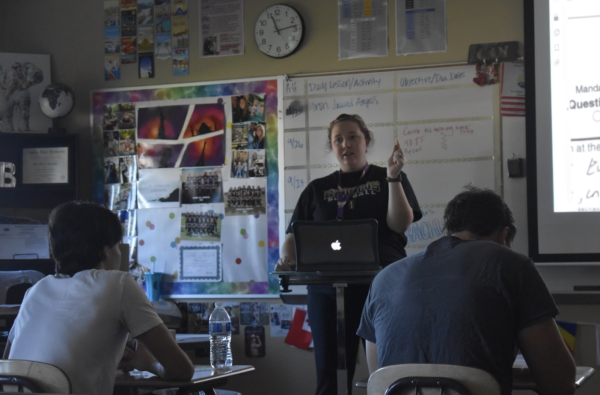
“There’s certain requirements from the state that we have to meet, which drives some of the changes. A few years past we had something called Bronco Hour, which was that open free time, but again, we’re running into some different requirements from the state that we need to meet,” Alex Winkler, history teacher, said.
Some students also have jobs, which can add to the stress of school and make free time that much more important.
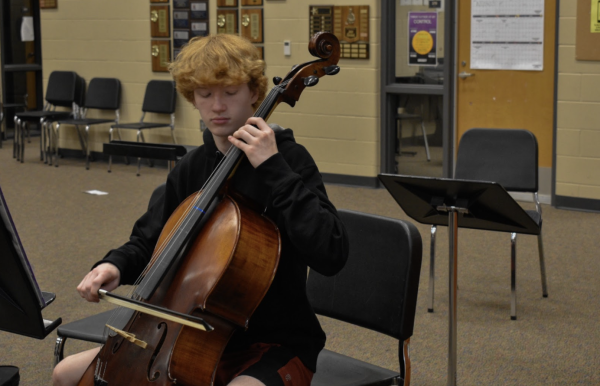
“It is harder to keep up, just because I do work a lot, having 2 jobs, but I’m trying my best. I get all my homework done, like I haven’t had any missing assignments in my AP and Honors classes, so that’s good. It’s just hard to keep up with the workload, even though I knew it was going to be more. Like we have to read our AP textbook every night and comprehending that type of stuff at 10:30pm isn’t really my thing,” Zoey Cronister, 10, said.
Some schools have mental health days once a month, where students can take school off that day.
“I think they’re really smart. A little ‘Mental Health Monday’ never hurt anybody. I feel like students as a whole need some mental health days, and they need to take some time to decompress,” Shekar said.
Other schools have moved to a more extreme schedule to combat overworking students by moving to four day school weeks and shortening summer break dramatically.
“I feel the four day school week really intrigues me because the difference between three day weekends and two day weekends is big. Even with the shorter summer break, I feel like that could be worth it,” Seitz said.
Schools often do what is best for their students in the end, barring state requirements. Although, that does not excuse the need for reducing strain on student mental health.


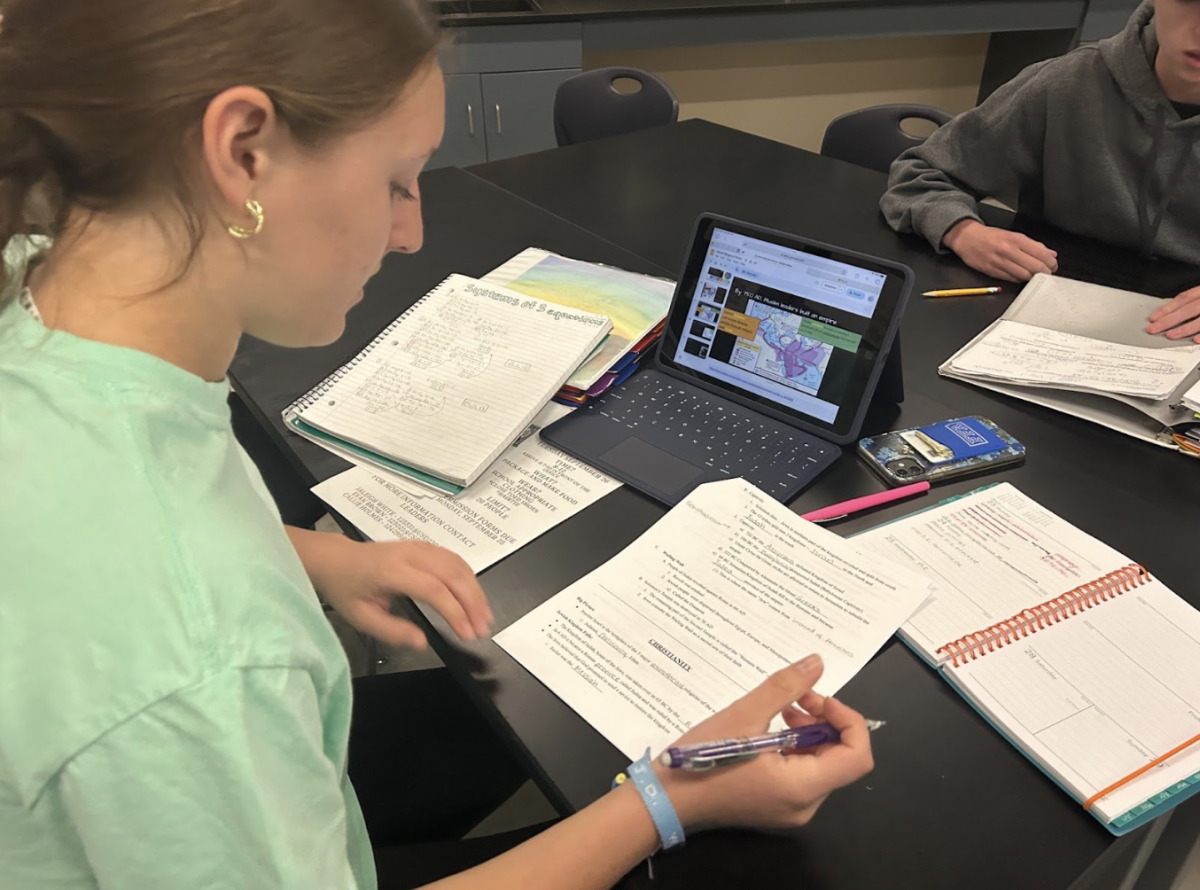
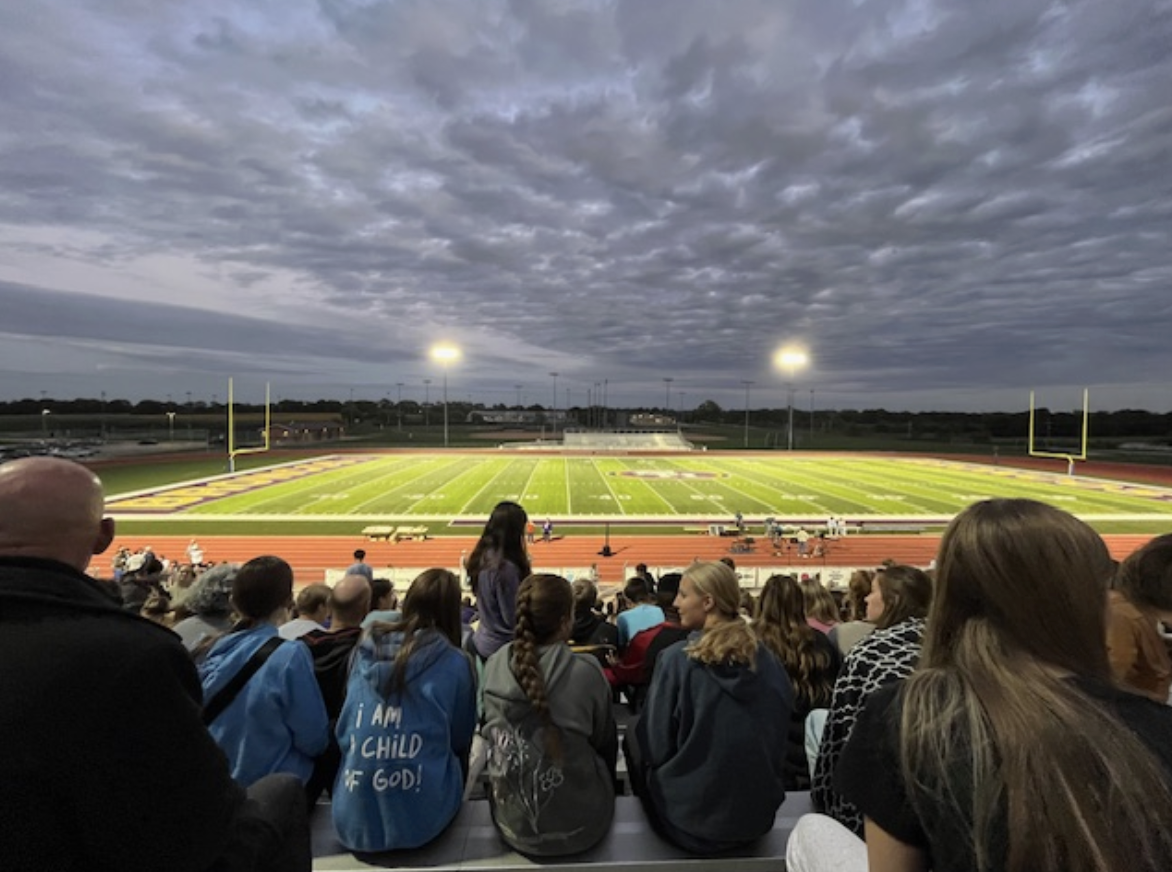
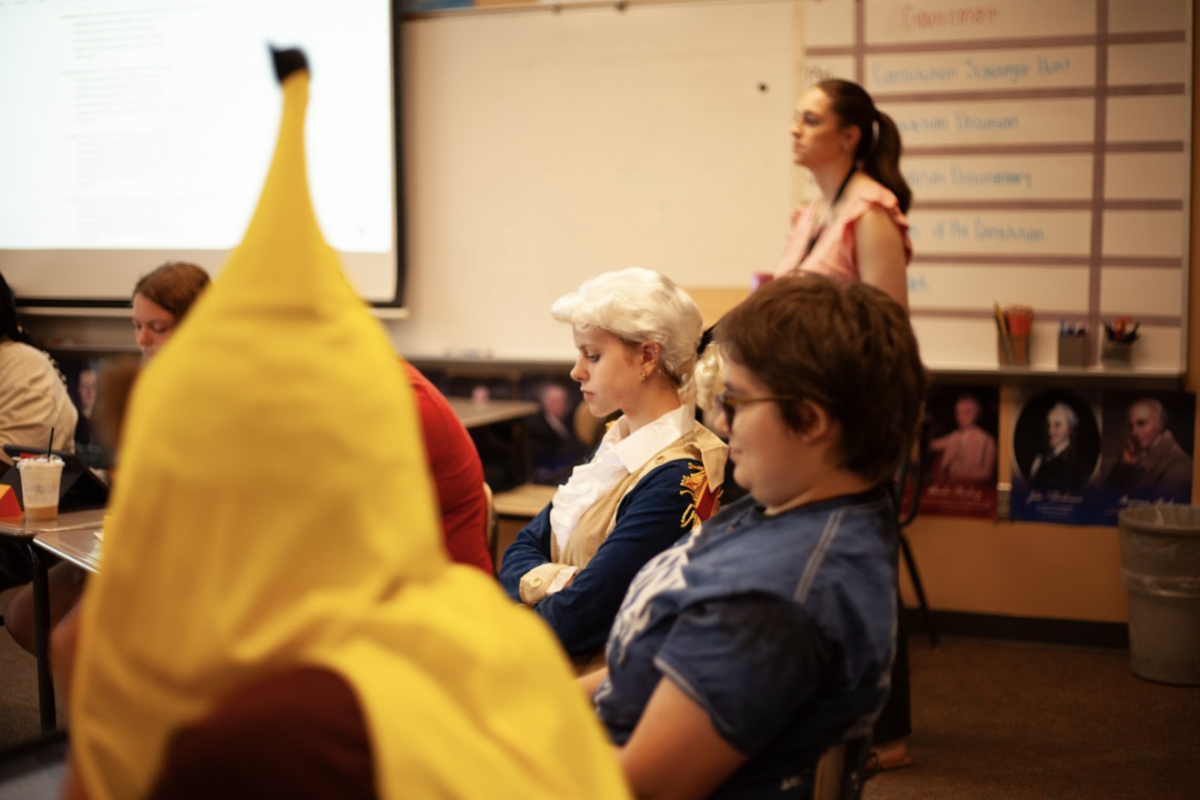
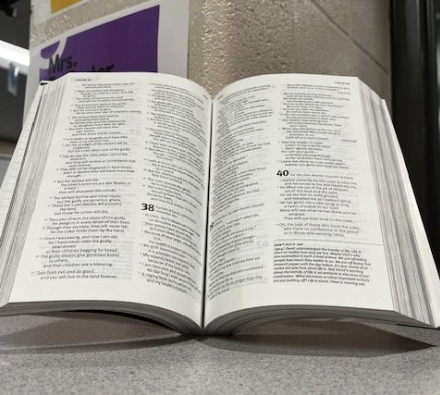

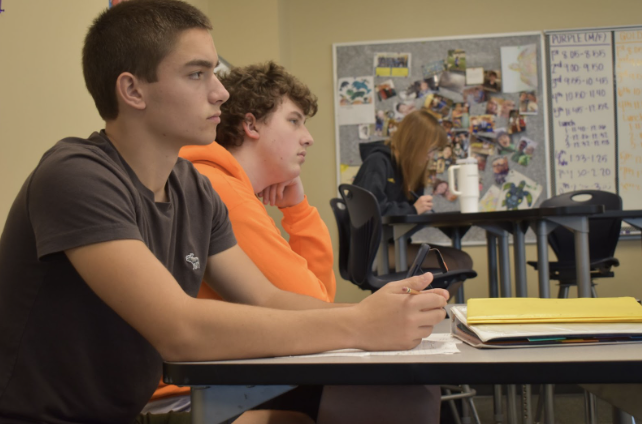
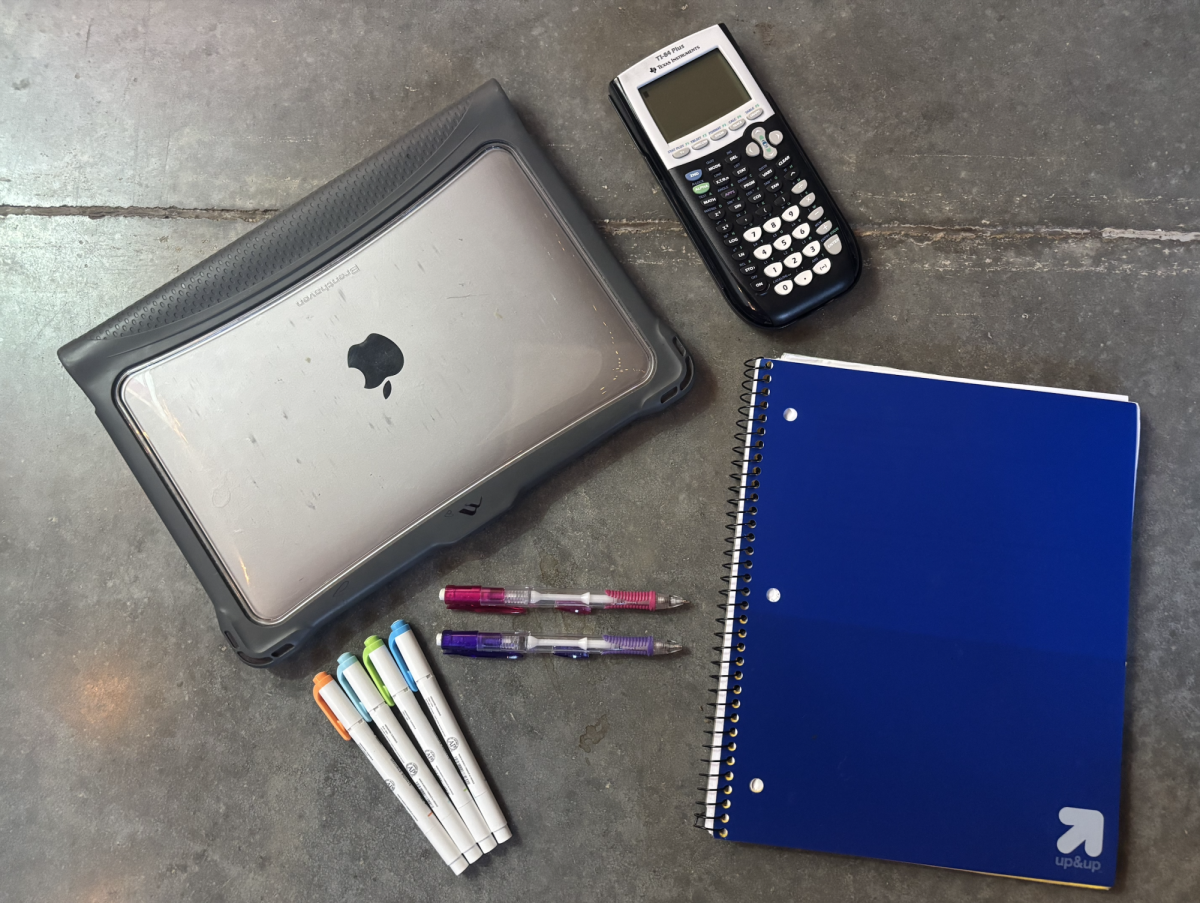
![Peering through their microscopes, [Brock] Laplante’s freshman Biology class has a hard time pretending they’re not interested. From sharp angles to swirling cells, there’s no predicting what could be seen.](https://stampedenews.net/wp-content/uploads/2025/10/Screenshot-2025-10-03-at-10.56.07-AM.png)




